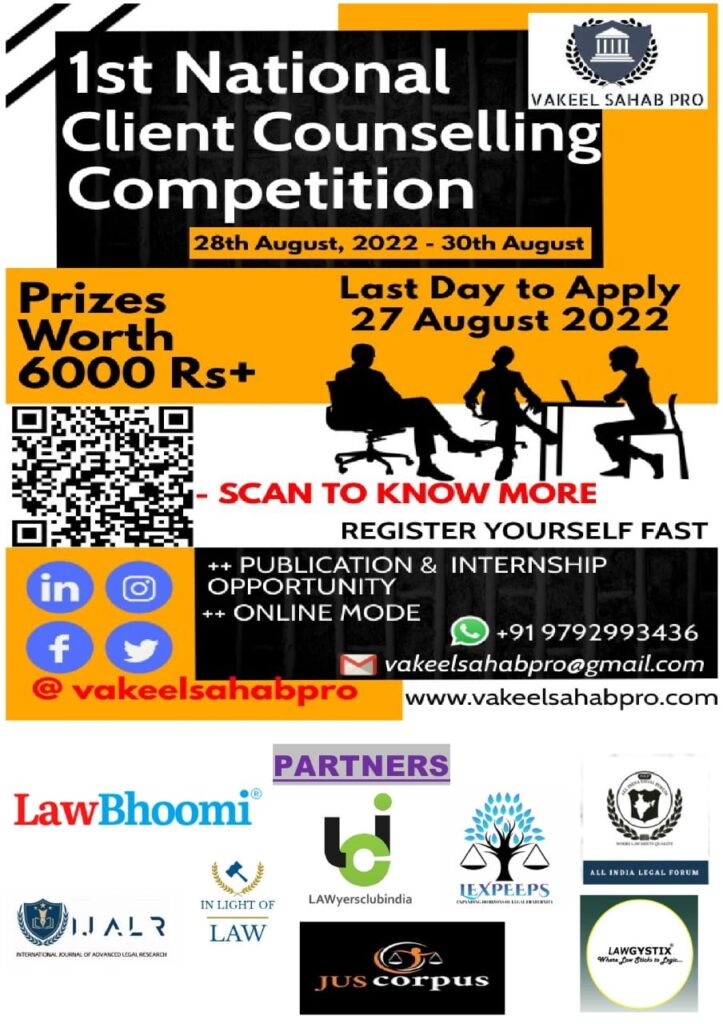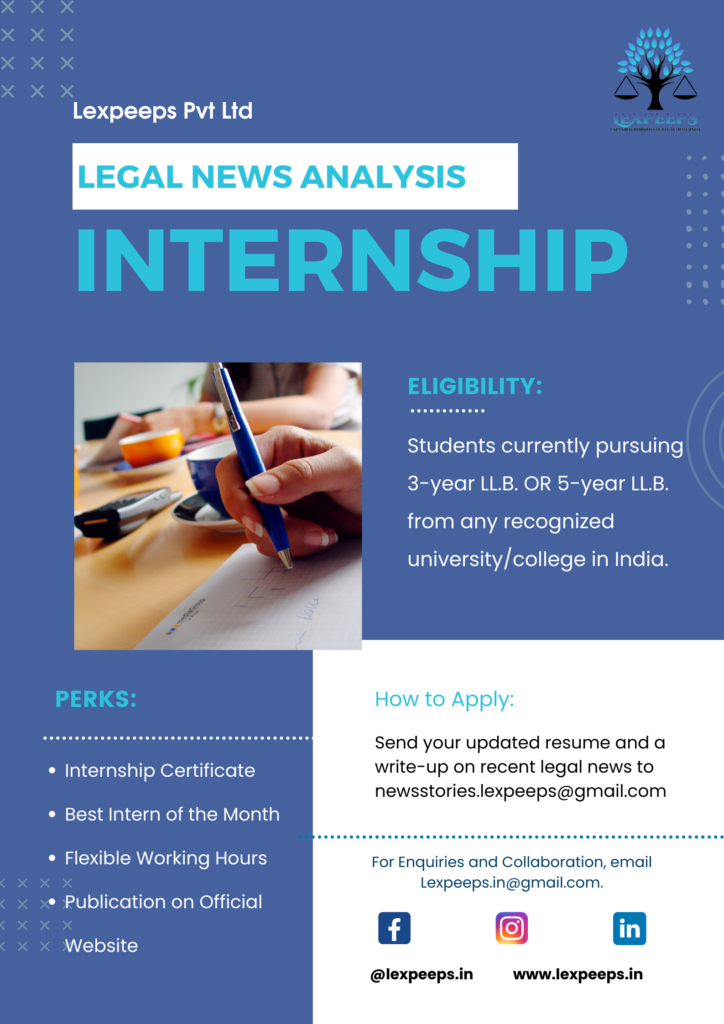Introduction
When the British left a violently divided India in 1947, Jammu and Kashmir had the option of joining either India or Pakistan or remaining independent. Even though there was already strong opposition to him in the form of the Quit Kashmir campaign, the then-Hindu king Maharaja Hari Singh preferred to maintain his position of power (the Muslim populace was against Hari Singh and wanted him to secede to Pakistan). Armed tribesmen from Pakistan invaded J&K as revenge and took control of strategic areas, which are now known as Pakistan Occupied Kashmir (POK).
In a desperate attempt to secure military support, the Hindu Maharaja agreed to India’s accession on the condition that the decision would be made with the support of the locals (Ganguly-1994). India brought the matter before the UN Security Council, which approved a cease-fire deal between India and Pakistan known as the “Karachi Agreement,” subject to a referendum once troops had been evacuated from both sides. The notion of a referendum was abandoned because Pakistani troops refused to leave one-third of Kashmir and have remained there ever since, referring to the area as “Azad Kashmir.”
With the accession, India gained control over the defense, foreign policy, and communication of Kashmir. Although Kashmir did legally become a part of India, the territorial disputes between Pakistan and India tore Kashmiri citizens apart.
Research Review
Jammu and Kashmir have been wracked by unrest since August 2019 as a result of Article 370’s repeal. The history of the creation of Article 370 is examined in the article “The Revocation of Kashmir’s Autonomy: High-Risk Hindutva Politics at Play” by Medha Menon (2021). It also examines how its repeal drives the establishment of Hindu Nationalist Politics, which silences the voice of the minority. It also focuses on how women’s rights are evolving in the valley amidst conflict. Sumit Ganguly’s article “India and the Crisis in Kashmir” from 1994 goes into detail about how political mobilization and institutional failure led to the emergence of the insurgency in J&K. The study also focuses on suppressing dissent that manifests as violence as a result of overly harsh treatment of Kashmiris.
The Yale School paper “The Myth of Normalcy: Impunity and the Judiciary in Kashmir” provides an outstanding analysis of Kashmir’s judicial system. The argumentative essay provides strong evidence of the violations of human rights that occurred after repressive laws like the Public Safety Act (PSA) and the Armed Forces Special Protection Act (AFSPA). It also makes observations on how the current legal framework gives military troops complete impunity for criminal activity.
The article from The Wire titled “J&K Internet Shutdown Based on Dubious Legal Framework” describes how communication blockades in the valley under the guise of national security have ended up becoming a type of collective punishment that the government abuses. It draws attention to the unrest that this broad restriction has produced in civil societies.
Discussions And Analysis
Granting Special Autonomy, Article 370
Jammu and Kashmir are given a distinct status within India and unique capabilities under Article 370. According to the Article, the state must have its Constitution, flag, election commission, and president (or “Sadr-i-Riasat”) in place of a governor. Additionally, the Ranbir Penal Code, the state’s criminal code, and discriminatory property rights for women are both present (Medha-2019). By requiring state governments to be consulted on issues that are on the Union and Concurrent lists, it limits the Parliament’s ability to enact laws.
Additionally, this Article supported the execution of only two articles of the Indian Constitution in the state, with the proviso that the President may, at any time, declare Article 370 to be inoperative through a public notification. Hindus and Muslims living in the valley had grown suspicious of one another as a result of the subjugation and compelled integration of a state with a Muslim majority into India. Furthermore, because of the unique privileges given to its residents with regard to property, work, and residency, the state has developed in a setting of exclusivity and separation. Although these laws may have given the state more autonomy, the deployment of armed soldiers in the valley has created an atmosphere of unease and suspicion.
All of these clauses were no longer in effect on August 5th, 2019, when Article 370 was repealed and Jammu and Kashmir were fully incorporated into India. However, because Article 370 was adopted from the beginning as a “temporary measure,” the abrogation was not unlawful (Sharma-2019). However, over the years, poor administrative and bureaucratic decisions have made it difficult to revoke it. The abrogation has made mainstream political parties in J&K, like the PDP, who sought support for the demand for self-rule, hostile. Placing key leaders under house arrest, as is permitted by the Public Safety Act, has further muted dissenting voices (PSA). J&K’s political and social trajectory still veers along uncertain, dangerously stated paths.
Internet shutdown
After Article 370 was repealed, a wave of protests and stone-throwing broke out in the valley, forcing the authorities to shut down all communication channels. People in the valley are in a dangerous state of anxiety because they are worried that Pakistan may try to influence this contentious subject in response to India’s cautious and conciliatory stance. In August 2019, India was utilizing the cutting-edge spaces made possible by internet services, while Kashmir was forced to experience a blackout. The BJP government defended the action on the grounds of security, violence prevention, and halting the spread of untrue rumors. To monitor money laundering and the funding of terrorism, the government eventually gained access to trace all types of digital transactions.
Since that time, the state’s citizens have been cut off from the outside world and living in darkness. When there were lockdowns and no remaining means of communication, trade, and business suffered. Travel restrictions brought the tourism industry to a standstill, leaving many employed in ancillary businesses without a job or another source of income. The residents of Kashmir struggled with meager financial aid and low employment rates. Due to the government’s lack of concern for the regular people, they struggled to make ends meet.
The closure of educational institutions and the suspension of internet access have effectively closed off all avenues of knowledge for pupils, which is a clear violation of their constitutional right to an education. The options that would have normally provided them with fresh horizons have been taken away from them. When Article 370 was repealed, the government promised to open prestigious institutions of higher learning, but these assurances have not yet materialized. Kashmiri kids have been forced into a pit of unfair possibilities by the broken educational system, infringing on their right to equality.
Because of the communication blockage, Kashmiris are completely cut off from the outside world. For the past year, Kashmiris have been unable to reach their family, and they continue to worry about their welfare. The situation has caused more unease and worry, which frequently manifests itself in violent fights with the troops. Public gathering bans and widespread arrests of those the draconian PSA refers to as “miscreants” have been used to quell these unrests. After the abrogation, the Unlawful Activities Prevention Act was put into effect in J&K, which resulted in the additional arrest of 255 non-violent activists (Duschinski, Bhan-2017).
Although J&K has struggled to speak out thanks to the recently provided right to expression under the Indian Constitution, it has been muted by the imposing of the longest internet blackout. Despite the Supreme Court’s ruling in Faheema Shirin RK v the State of Kerala saying that the right to the internet is a basic right, Kashmiris continue to struggle with these communication difficulties.
Since Article 370 has been repealed, Kashmiris are now entitled to several fundamental rights guaranteed by the Indian Constitution, yet these rights are often abused. The question of whether Kashmiris would be true legal Indian citizens in the truest sense or merely stay a part of India through legislation and coercion is raised in their thoughts by this circumstance. The central government went too far and ignored the SC ruling in Bhasin v. Union of India regarding the proportionality of internet shutdowns. The judgment is compared to weak wi-fi signals, which are present but have no influence, in the context of zero implementation. Although Kashmiri nationals may have been included under the scope of the Indian constitution as a result of the removal of Article 370, it is still unclear whether this action has given them rights.
The future of women’s rights: freedom or limitations
Every Kashmiri citizen, especially Kashmiri women, has been harmed by the repeal of Article 370, which has also oppressed the lower classes. Gross human rights breaches, which are also reflected in discriminatory laws, have already been caused by the terrorism and military occupation of the region. One of the fundamental elements used to justify the abrogation by the Central government was the uniformity and equality of women’s rights. They saw it as a sign of freedom and self-determination for Kashmiri women. According to the centre, the revocation will provide women more authority by allowing them to transfer and purchase property even if they are married to someone who does not reside in Jammu and Kashmir. Now, the identical may also be inherited. The same can now be passed down to their offspring, giving them the same property rights as men, which was previously not feasible. This discriminatory clause in Article 35A is no longer valid as a result of the repeal of Article 370.
Activists, female sarpanches, and Kashmiri Pandit women who were married in other areas of the nation applauded the abrogation because they had lucrative stakes in the valley. The situation of Kashmiri women living in the valley, however, has not improved, and they continue to endure terrible repression. The political culture and the government have traditionally worked to limit women’s active engagement in society. Military forces posted in the valley have further suppressed women, and they frequently experience physical and sexual abuse. Despite having the right to express themselves freely, women nonetheless have to constantly worry about arbitrary government actions and being treated like second-class citizens.
Draconian military measures like AFSPA (Armed Forces Special Protection Act) have silenced women’s voices and made them vulnerable to sexual assault and other forms of violence. The AFSPA gives the military the authority to maintain public order in “disturbed areas,” detain someone without a warrant and employ reasonable force. Military troops commit horrible crimes with complete impunity under the guise of these deeds. According to these women, the entire gruesome process was “widowed by conflict, isolated by arrest” (Zahra, Muzamil-2020).
The J&K-based Valmikis were permitted to enter the valley under the condition that they exclusively act as scavengers (Sareen-2020). The Valmiki community is forced to scavenge regardless of their level of education in this egregious violation of their human rights. Similar to this, Gorkhas living in J&K were also refused citizenship while being harassed with financial demands by administrative authorities in the absence of the Right to Information Act and the Comptroller and Auditor General, who might have stopped these wrongdoings.
Increased female and working-class representation in public spaces is being offered as a carrot by the centre, which also promises a pot of gold at the end of the rainbow. But keeping women out of the decision-making process is a colonial, top-down strategy that has no advantages. By imposing judgments on them and pretending to know what is best for their welfare, the Hindu hard-line BJP administration has established itself as a patriarch. A campaign for women’s rights seems to be taking different forms in reality than it did in theory.
Change in the Government’s Authority and the Demographic Paradigm
The only Muslim-majority state in India was granted sovereignty and special status under Article 370. Under Article 370, the state defined and prescribed its legal and policy framework. Only permanent residents of Kashmir were permitted to own property in the valley, which also implemented a stringent settlement policy. All of these clauses are no longer in effect as a result of the repeal of Article 370, and J&K is now subject to directives from the federal government.
The opening up of the valley and the anticipated influx of Hindu people instilled in the minds of the Muslim majority population, the dread of being oppressed and enslaved. The residents of the region worry that historical religious violence’s scars may reappear. The general public views the revocation as a complete military takeover of Kashmir through the use of the legal system. Kashmiris view it as contradictory to be referred to as legal citizens of India while still being treated as subjects of governance without their permission.
The locals worry that the settlement of “outsiders” will cause the outcomes of any referendum or plebiscite to change dramatically over time, should it be held. The military will operate in complete anarchy, according to human rights groups, as a result of the centre’s overreaching support (Hussain, 2009). The abrogation, according to pro-Pakistan Kashmiri groups, is a plan by the Indian government to further tighten the noose around Kashmir and make disruptive violence the new standard in the valley.
Conclusion
Jammu & Kashmir’s fame has usually been contested on each both internal and outdoor. Three countries—India, Pakistan, and China—make claims to their land, which results in a steady movement of unrest and border conflicts. India’s valley is ripped aside with the aid of using warfare for dominance among the nation and federal administrations. The valley is presently experiencing unrest and anxiety due to these kinds of reasons. The nation has been reducing off from the outdoor global and without getting admission to the net for greater than a year.
Although the closely armed army has efficiently maintained peace and order, they have got additionally made Kashmiris sense remoted and not so good as Indian nationals. Jammu and Kashmir are nevertheless ready to be free of the verbal exchange blackout and to lose their fame as “disturbed areas.” The majority of Muslims in J&K are keen to study the outcomes of their minority fame.
This article is written by Kanika Arora, from Delhi Metropolitan Education (Affiliated to GGSIPU).





